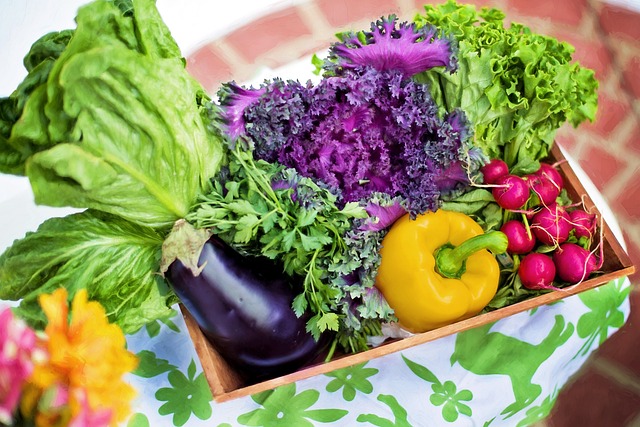Being a caregiver for a loved one with cancer is a journey that can bring out both the best and the hardest parts of you. It’s a role that’s filled with love, compassion, and a deep desire to help, but it can also be exhausting and overwhelming. You want to be there for your loved one, but you also need to take care of yourself. Balancing the two isn’t easy, but it’s possible. Here’s how to be the supportive caregiver you want to be, without burning out in the process.
First, it’s important to recognize that caregiving can be a full-time job, and like any job, it can come with its fair share of stress. You may feel pulled in many directions, juggling medical appointments, managing medications, and keeping everything running at home. It’s a lot, and it’s easy to forget about your own needs in the midst of it all. But here’s the truth: you can’t pour from an empty cup. Taking care of yourself isn’t just important for you—it’s crucial for your loved one, too. If you don’t take time to recharge, you might find yourself feeling resentful, exhausted, or burned out. And that’s when your ability to care for your loved one can slip.
One of the best ways to avoid burnout is by recognizing when you need help. Don’t be afraid to lean on family and friends, and let them pitch in. Even small gestures—like preparing a meal or picking up groceries—can make a huge difference. It’s easy to feel like you should be doing everything yourself, but remember: you’re not a superhero. Asking for help is a sign of strength, not weakness. Plus, it gives others a chance to be part of the caregiving process, which can bring people closer together.
Another important part of caregiving is setting realistic expectations. There will be days when things go smoothly, and there will be days when nothing seems to go right. It’s okay if you don’t have all the answers or if things don’t go according to plan. Cancer treatment can be unpredictable, and so can caregiving. Be kind to yourself when things aren’t perfect. Setting small, achievable goals each day can help you feel like you’re making progress, even on the tough days.
You also need to carve out time for yourself. It might feel like a luxury, but it’s actually a necessity. This could be as simple as taking a walk, reading a book, or even sitting quietly with a cup of tea. It doesn’t have to be a grand escape, but finding moments of peace and relaxation can help you recharge and gain perspective. If you can, consider finding a respite care service that allows you to take a break while knowing your loved one is in good hands.
Emotional support is just as important as physical care. Be sure to talk about your feelings, whether that’s with a friend, therapist, or support group. Caregiving can be an emotional rollercoaster, and it’s vital to have an outlet for your own feelings. Talking through your emotions can help you process the experience and prevent feelings of isolation.
Lastly, remember to celebrate the small victories. Caregiving isn’t just about the big moments—it’s about the little wins along the way. Maybe your loved one had a good day, or you managed to get through a tough appointment together. These moments can bring joy and strength to both you and your loved one, reminding you that you’re doing an incredible job, even on the hardest days.
Caregiving for someone with cancer isn’t easy, but it can be an incredibly rewarding experience. The key to being there for your loved one without burning out is finding balance. Take care of yourself, ask for help, set realistic expectations, and embrace the emotional support you need. By doing this, you’ll be able to show up as the best version of yourself, both for your loved one and for you.








